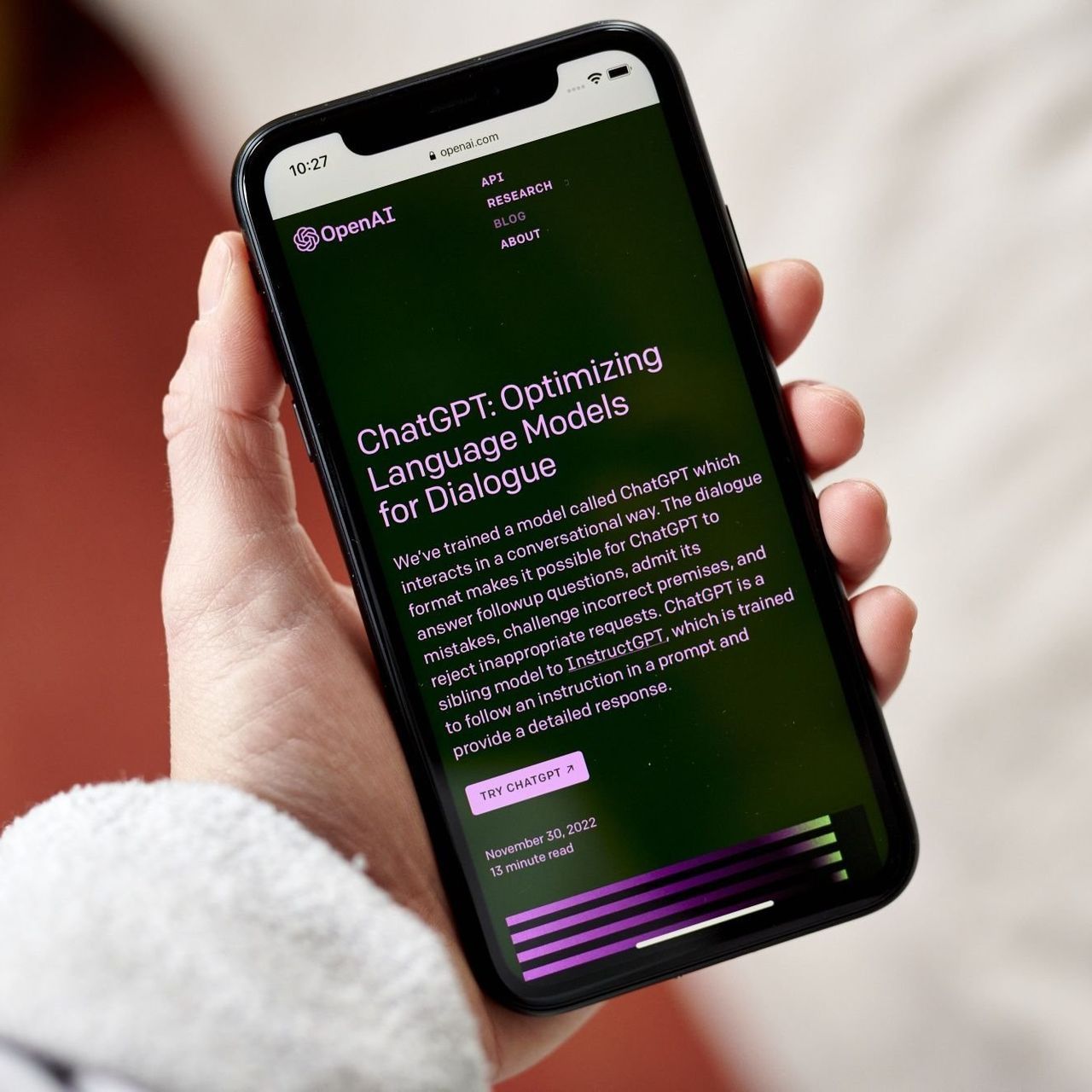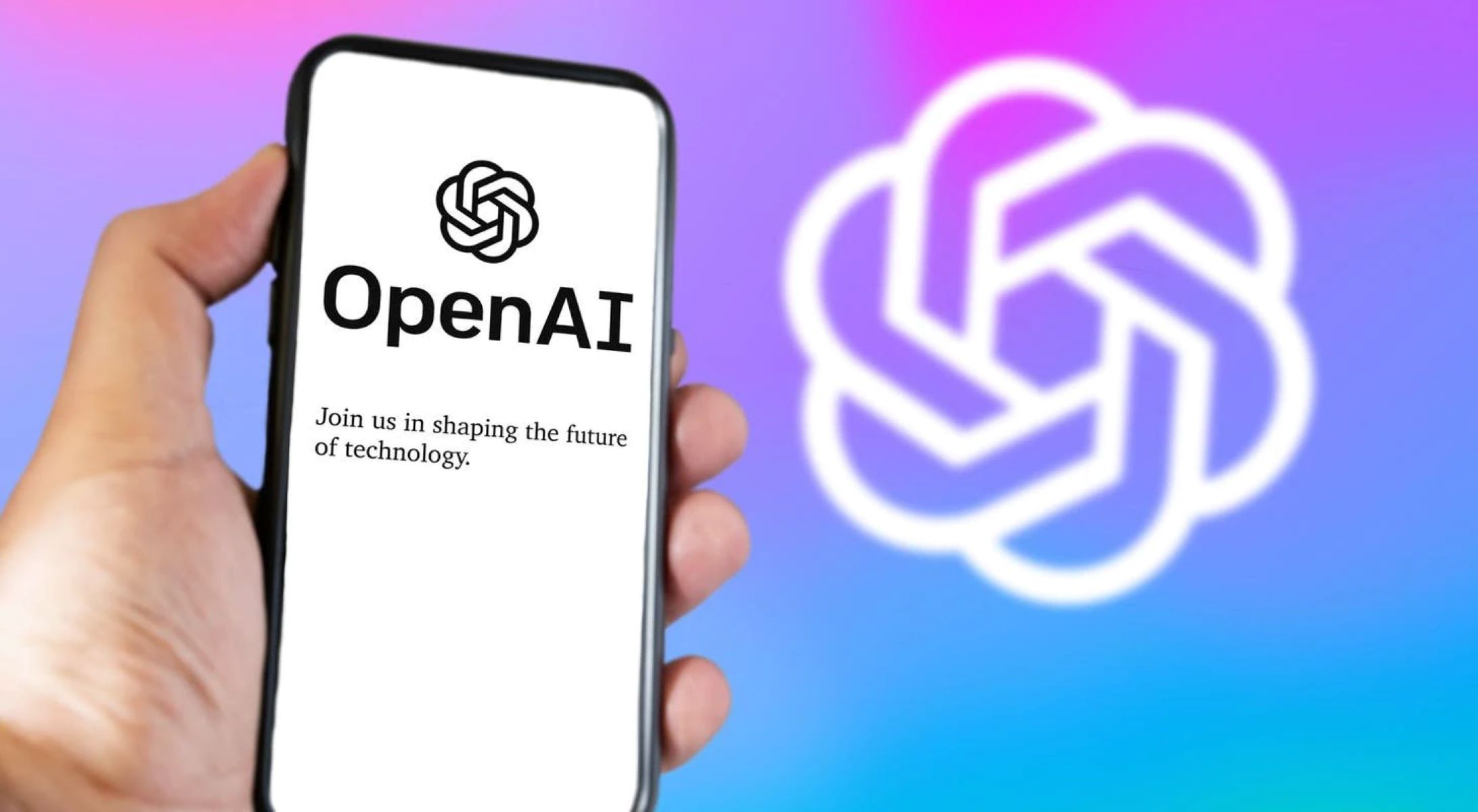OpenAI has expressed its desire to incorporate its conversational AI agent, ChatGPT, into educational settings, including classrooms. Despite concerns about potential misuse and academic integrity, OpenAI has suggested various ways in which teachers can effectively utilize the system beyond its role as a “research assistant” for students who procrastinate.
The Challenge of Plagiarism
ChatGPT has often been associated with controversial use cases, particularly plagiarism. Educators worldwide have identified instances where students have relied on ChatGPT to write their essays or provide answers for take-home quizzes, sparking debates on the ethical implications of such practices. Opinions on whether this constitutes cheating or fair play differ; nevertheless, it has become a disruptive factor in lesson plans globally.
OpenAI’s Approach to Education
OpenAI aims to improve the perception of ChatGPT’s role in education and has presented a range of compelling suggestions for its utilization within classrooms.
Assisting Language Learners
One potential use of ChatGPT is to support English learners in translating and writing accurately and clearly. While the system may not always provide factual accuracy, it demonstrates grammatical correctness due to its exposure to a vast corpus of written language. Feedback from non-native English speakers suggests that this language support could benefit both adults and schoolchildren.
Formulating Test Questions and Role-Playing
Experts, cited by OpenAI, propose that ChatGPT could assist in formulating new test questions or simulating scenarios such as role-playing as a job interviewer. These applications can help foster critical thinking and enhance students’ creative problem-solving skills, when used appropriately and in line with educators’ guidance.
Building Critical Thinking Skills
Notably, Geetha Venugopal from Chennai, India, suggests teaching students that they should not unquestioningly trust the information provided by ChatGPT. In her classroom, she encourages students to think critically and independently, verifying answers through primary resources and nurturing their critical thinking, problem-solving, and creativity skills.
Key Takeaway
OpenAI explores the potential of implementing ChatGPT as an AI tutor in classrooms, emphasizing its role in language learning, test question formulation, and critical thinking skills development. The company acknowledges concerns about plagiarism but seeks to guide educators on leveraging ChatGPT responsibly and with proper guidance.
In a FAQ section, OpenAI openly admits that current AI detectors struggle to reliably differentiate between AI-generated and human-generated content. Teachers are encouraged to evaluate students’ work thoroughly, including drafts and interactions with AI models, to ensure that students are engaging with the technology appropriately and not simply relying on it for answers.
OpenAI offers comprehensive prompts to guide ChatGPT in serving as a tutor or assistant, such as assisting teachers in planning lessons. While these prompts may require customization, they provide insights into the type of direction required to ensure that the AI agent strikes the balance between helpfulness and over-reliance.
Although AI agents like ChatGPT are poised to become integral to education, mitigating potential abuses remains a challenge. However, with adaptability and responsible use, students and educators can embrace these tools and make them their own, just as they have done with previous technological advancements.

























